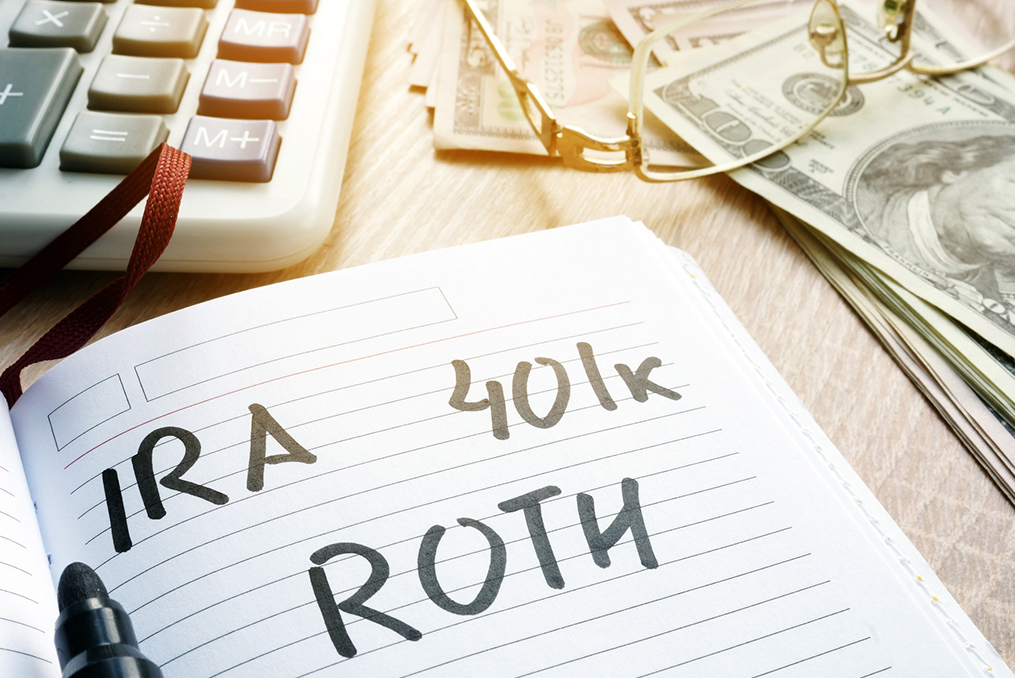When you start your career, retirement can seem far-off and maybe even irrelevant to your current lifestyle. If this is the case, you’re not alone. As of 2013, the median retirement savings among workers ages 32 to 37 was just $480, with people age 56 to 61 having just $17,000, according to the Economic Policy Institute. Saving for retirement seems to be a low priority for many, but putting off your retirement savings is a mistake that can cost you dearly in the end.
Here are five retirement savings essentials you need to know to begin building a strong foundation for your retirement:
Evaluate available retirement savings methods.
First, evaluate what retirement resources are available to you and how you can access them. What you do not know can hold you back from preparing for your future, so you’ll need to get informed. You likely already have some great options to grow your retirement savings. Below are a few common options.
Enroll in your company’s retirement plan.
Many companies offer a 401(k) plan; some will even match your contributions. A 401(k) is a simple way to start your savings. If your employer offers a match, take full advantage. It is part of your total compensation, after all. Your company doesn’t offer a 401(k)? Ask about these common alternatives: 403(b), profit sharing, SEP-IRA, or a defined benefit.
Get an IRA or better yet, a Roth.
If your company does not offer a retirement savings plan, a traditional or Roth IRA can be a good substitute. Additionally, IRAs can be a great complement to your 401(k). Unlike a 401(k), some IRAs are an after-tax investment. These kinds of IRAs can be harder to grow in the beginning since you are using after-tax income, but in many cases, money can grow and be withdrawn tax-free for retirement.

Keep your long-term savings diversified.
You might consider using a Brokerage account to invest in different types of savings vehicles such as stocks, bonds, mutual funds, exchange-traded funds, real estate investment trusts, certificates of deposit (CDs), and money market funds, just to name a few. Discovering and implementing the right investment strategy in alignment with an appropriate asset allocation program specific to your timeline, needs, and goals is essential for keeping your long-term savings in check with your risk tolerance and inflationary risks.*
How much to save for retirement.
A good rule of thumb is to estimate 70-80 percent of your pre-retirement annual income as what you will need per year in retirement. Using this estimate assumes you will not have a mortgage, significant debt, abnormally large health-care expenses, or take on expensive hobbies, like sailing or travel.
People have many reasons or circumstances that hold them back from saving and being on track for retirement. Two common barriers are not knowing how much to save or how to save – many people are unsure how much they will need to live on once they stop working and, still others do not know how to start saving for retirement.

Currently, the average cost of retirement is $738,400; that’s more than two times the average cost of a home in Oregon. Considering that retirement can be substantially costlier than your mortgage, it would be a good idea to work with an advisor when planning your retirement strategy.
Starting your retirement savings early helps to establish your financial stability. Of course, everyone’s retirement will be different, so speaking with a Financial Advisor about your individual goals will help in planning for your future.
Contact a Financial Advisor today and schedule a complimentary consultation to get started on a smart savings plan that works for you.






